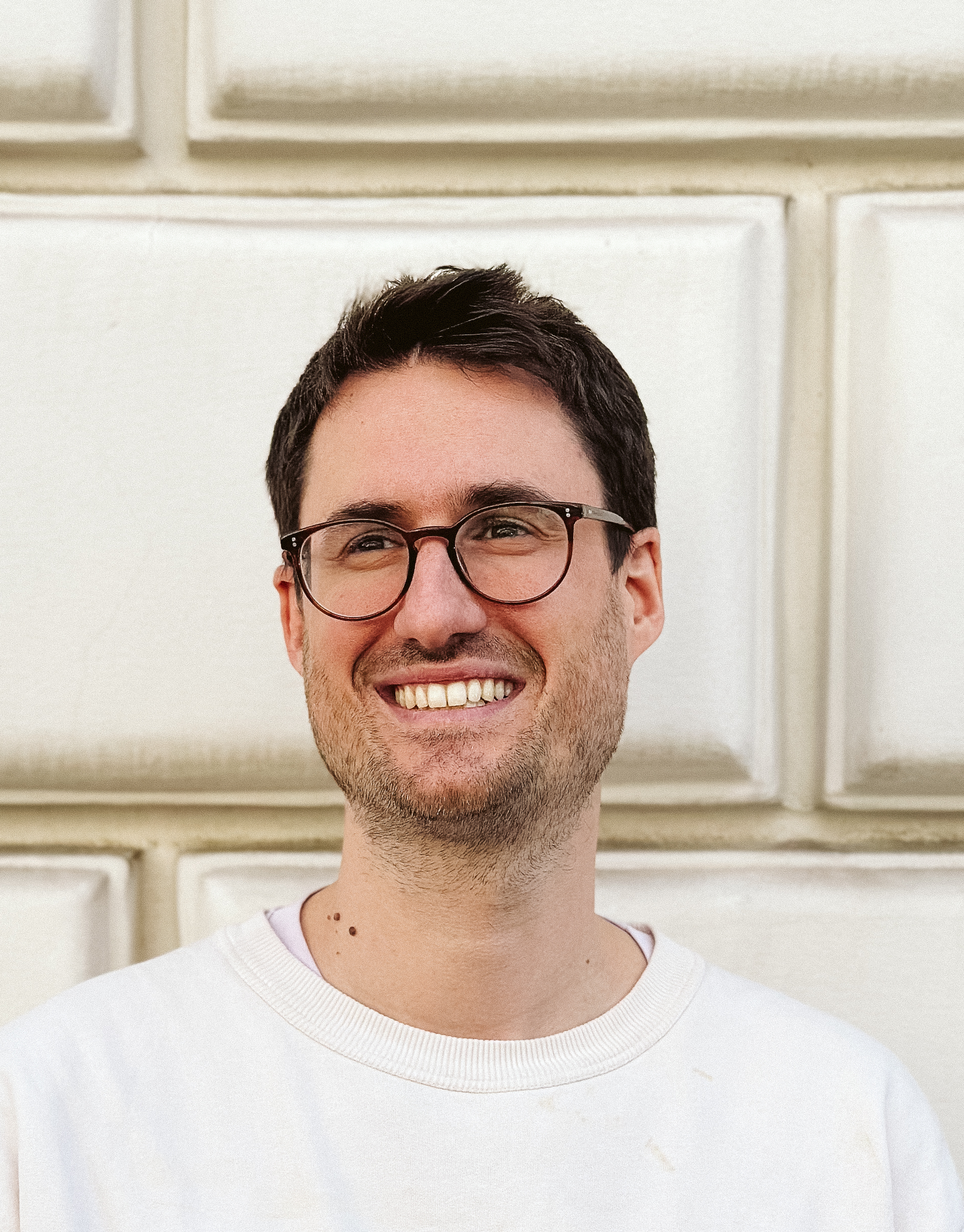The Possibility of Practical Reason
June 10, 2011 •In this essay I discuss a passage from David Velleman’s Introduction to The Possibility of Practical Reason.
In the following essay, I want to discuss a passage from David Velleman’s Introduction to The Possibility of Practical Reason. Before I turn to the claim in question, I want to briefly lay out the reasoning that led the author to this claim. Following a quotation of the relevant passage, I will highlight two aspects of the claim: one which I fully agree with because it seems to be a sensible continuation of previous theoretical work; the other one being seemingly problematic for an intuitive account of action, albeit consistent with the assumptions made by the author.
Velleman starts his discussion with a distinction borrowed from Harry Frankfurt. Whereas traditional action theory only distinguished between actions and mere happenings, Frankfurt observed that there is a third category of events that is situated between those two kinds of events: activities. Activities, like actions, are caused by an actor; but at the same time they do not result from the genuine agentive sense of involvement as full blown actions do.
Looking at the standard model of action (cf. Donald Davidson), Velleman notices that it only “specifies the way in which behaviour must be caused in order to qualify as purposeful activity.” (p. 9) As we have indicated above, explaining activities is not enough for a theory of actions and we, therefore, have to look for alternatives.
As an improvement on the standard model, Velleman mentions Frankfurt’s hierarchical model, which adds reflective awareness to the picture. Here, so-called first-order desires are managed by second-order desires, and autonomous actions are described as behaviour that results from a second-order volition, which entails the subject’s affirmation that a specific first-order desire becomes his will. But still this theory is insufficient according to Velleman, because “the subject’s higher-order desires play a causal role from which he can once again be dissociated” (p. 13). Only a theory that connects the second-order desire to the first-order desire in the right way will be able to explain actions performed for reasons.
Having arrived at this key insight, we now turn to the relevant passage in question, where Velleman specifies how this relation of desires must look like:
A motive cannot be taken up into the subject’s will by just any favorable response to it. It can be taken up into the subject’s will only by a favorable response to it as a reason for acting—a response mounted by the subject’s rationality. (p. 13f)
A response mounted by the subject’s rationality. – There are two parts in this phrase that I want to draw attention to. My first consideration is concerned with the focus on rationality, my second consideration is in regard to the process here conceptualized as a response. I will now elaborate these consideration in the order I mentioned them.
As far as accounts of supervenient agent causation go, Velleman’s theory seems very reasonable and a clear improvement on Davidson’s and Frankfurt’s model. By specifying the subject’s response as one responding to reasons, the account rules out “actions” (read: activities) where the subject is in some way dissociated from his higher-order desires, as in the case of boredom or depression. This seems to be in line with our intuition, as we tend to view behaviour that results for example from depression as not fully ours. The “I” that is presupposed here is one of Reason, which seems to me, well, reasonable. The restriction to the intellectual domain as having the last say also reflects the first Aristotelian definition of man as zoon logon echon, as rational animal. Velleman admits the intellectualist bias of this theory, and makes an allusion to Aristotle, when he concludes the chapter: “It’s an intellectualist view, all right. But we are intellectual creatures, and our autonomy may well be a function of our intellect.” (p. 31) Thus far I agree.
For my second point, let’s have a look at the “response part” of the above mentioned phrase. In Velleman’s view, to act autonomously is to be actuated by a desire and a belief and a story that gives the actor a grasp of what he is doing. By having a story the agent is able to act under the higher-order rational aim of knowing what he’s doing.
We should note here that insofar as reasons have normative appeal, it is not under our control to which reasons we respond – one reason will be better than another one, depending on how good of a rationale it provides. It follows that this description of the response mechanism takes the active momentum out of the equation and renders our decision to be, in the end, a passive process.
On the one hand, this is in line with the presupposition of determinism, so on the face of it there seems to be nothing wrong with that passivity. On the other hand, Velleman sets out to give an answer to the question: “How can people give rise to events?” (p. 5) Considering this goal, I don’t see how models of the kind as they are discussed in this chapter can be aligned with our common sense understanding of action, which is so tightly connected with the idea of freedom. Velleman explicates our concept of action in the following way: “Nothing that happens can genuinely be our idea, our doing, or our fault unless we somehow make it happen. […] We don’t seem to be adrift in the flow events [sic!]: we seem to intervene in it, by producing some events and preventing others. Yet our […] intervening in the flow of events is just another part of that flow. So how can it count, after all, as an intervention—or, for that matter, as ours?” (p. 5)
Well — I don’t think it can. It seems impossible to analyze our common sensical understanding of action into processes which don’t involve an element of free choice in its full sense, without giving up the notion of freedom at one point or another, and thereby losing track of the objective stated at the outset of our undertaking. Kant described agents as acting under the idea of freedom, and at least that much, it seems to me, must be included in an account of agent causation that remains sensitive to folk psychology.
Of course Velleman is aware of this problem, and we find a brief discussion of it towards the end of the section on The Constitutive Aim of Action, where the result of the creature design thought experiment is evaluated. He observes: “Your creatures should also share our sense of having an open future or a metaphysically free will.” (p. 23) (Note that this claim only talks about the sense of having a free will, not about actually having one.) In a footnote the author promises that the reader will find this claim further developed in another essay (Epistemic Freedom). However, judging only from this chapter, I can’t see why this claim holds, as I don’t see how a metaphysically determined future could possibly give rise to an epistemically open one. By choosing or deciding, it is claimed, we settle a fact in the world – a peculiarity of choice, that is later in the chapter described as its direction of guidance and which distinguishes choice from belief. But surely, not every choice is equal. By the normative force of reasons there will be one story that best explains a possible action, and on that story (i. e. under that rationale) I will act. On this picture there is no need to introduce free will – or the sense of having free will, for that matter –, because the normativity does all the work by itself. If this is correct, then I don’t see why simply by giving my creatures the ability to act from reason I have given them (the illusion of) free will.

Alexander Seifert
Hi, I'm Alex and I write this blog. Here you'll find articles and tutorials mostly about Natural Language Processing and related areas.
Follow me on Twitter for updates or contact me.
